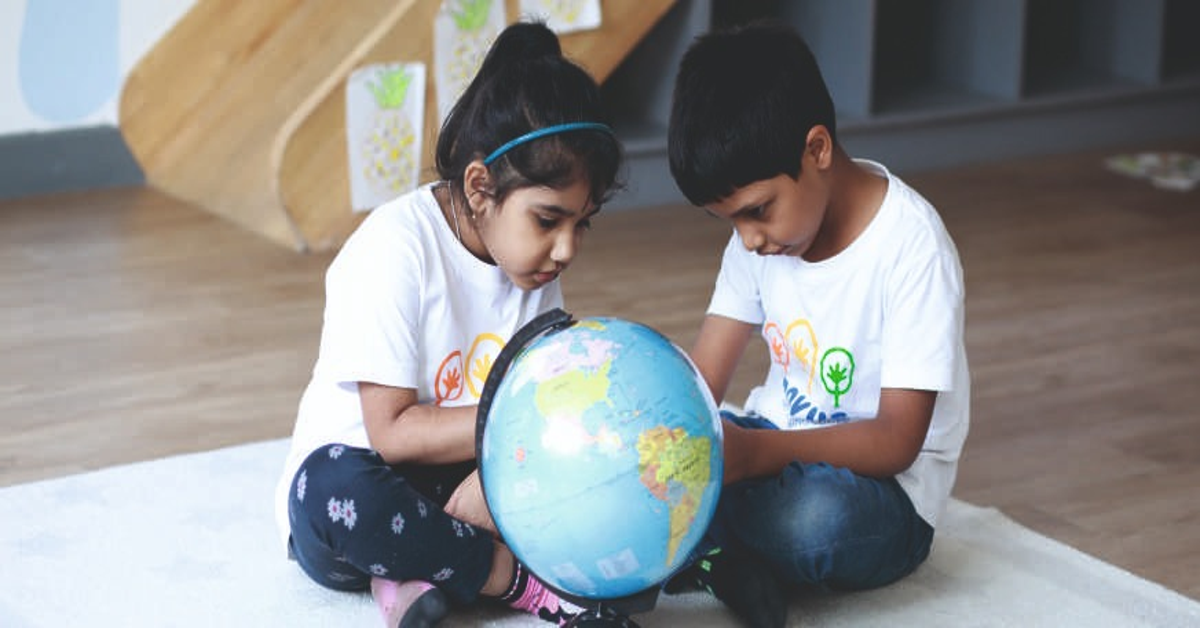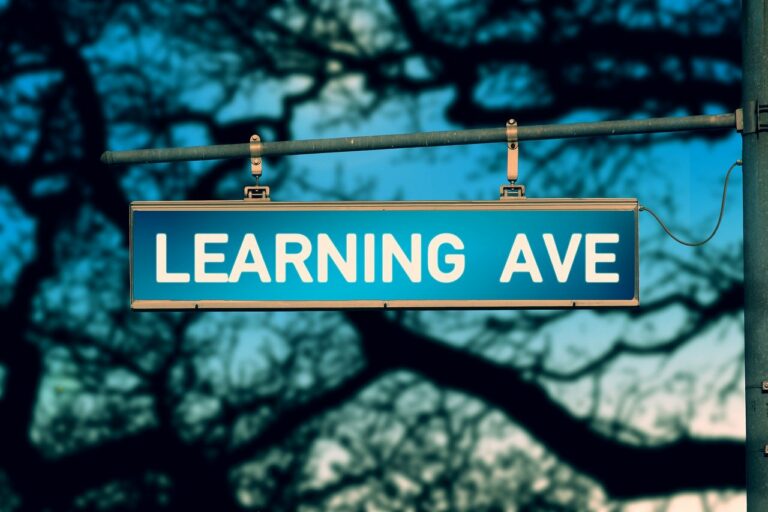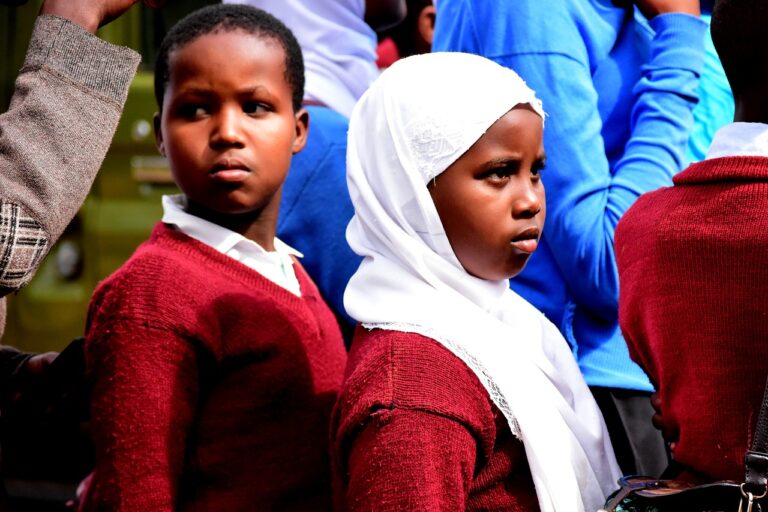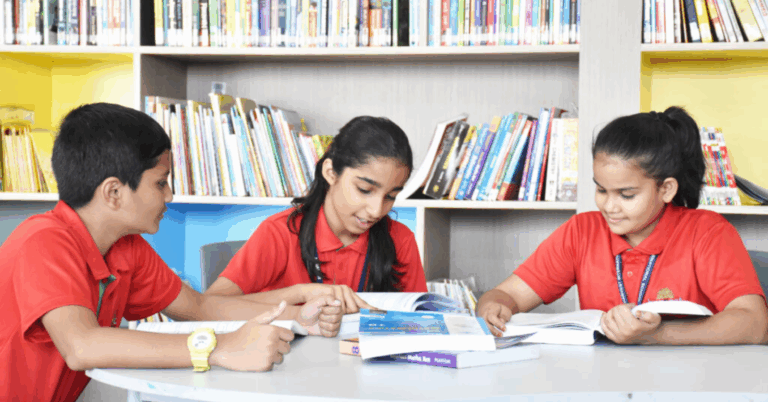Building Brighter Futures: The Role of Early Childhood Education in Shaping Lifelong Learners
Early Childhood Education (ECE) is more than just a step toward primary school—it’s a foundational phase that shapes a child’s emotional, cognitive, social, and physical development. Institutions like Novus Early Learning Center show that when Early Childhood Education is delivered thoughtfully—with experiential learning environments, age-appropriate curricula, and nurturing teachers—it sets the stage for children to grow into curious, confident, and compassionate individuals.
Understanding Early Childhood Education
In the first few years of life, children undergo rapid development. Their brains are incredibly plastic, forming connections that will influence how they think, feel, and interact with the world for years to come. Early Childhood Education refers to the structured and supportive educational experiences provided roughly between ages 2 and 6, before a child enters formal schooling. The core aim isn’t just academic preparation—but the holistic growth of the child in multiple domains: cognitive, social-emotional, physical, and linguistic.
Key Components That Make ECE Effective
While many preschools may offer similar-sounding programs, several crucial components distinguish truly high-quality Early Childhood Education:
-
Child-Centered, Experiential Learning
Children learn best when they are active participants—when learning is hands-on, playful, and every sense is engaged. For example, at Novus, the curriculum transitions from “daycare style” to Pre-Primary years, emphasizing interaction, collaboration, and real-world experiences. -
Balanced Curriculum
A good ECE program balances structured learning (such as phonics, early numeracy, language development) with unstructured play, exploration, creative expression, and social interaction. This balance ensures that children are well-rounded—not merely academically ready but grounded in emotional strength, curiosity, and social skills. -
Strong Early Years Framework
Influential frameworks like the Early Years Foundation Stage (EYFS) provide robust guidelines that cover developmental milestones, learning goals, and a continuum from early toddler stages to pre-primary readiness. They help schools ensure consistency, quality, and alignment with best practices. -
Qualified, Caring Educators
Teachers in ECE aren’t simply caretakers—they are guides, facilitators, and nurturers. Their understanding of child psychology, their capacity to observe and respond to each child’s needs, and their ability to design environments that are safe, inspiring, and responsive are central to success. -
Safe, Supportive Environment
For children to thrive, they must feel safe, valued, and supported. Hygienic facilities, secure premises, small class sizes, and emotionally responsive staff are all part of creating a setting where children can explore without fear. -
Parental Involvement and Community Engagement
Learning doesn’t stop at the classroom door. When schools partner with parents—via regular communication, workshops, and shared goals—children benefit enormously. ECE programs that foster strong parent-school relationships build continuity in experiences, which reinforces learning and confidence.
Why Early Childhood Education Matters
The impacts of Early Childhood Education ripple out over a lifetime. Its importance can be seen in several domains:
-
Cognitive & Academic Readiness: Exposure to early literacy, problem-solving, basic numeracy, and language skills gives children a head start when they enter formal school. They tend to adapt better, grasp foundational concepts more quickly, and show greater resilience in learning.
-
Social and Emotional Development: Key abilities like self-regulation, empathy, cooperation, and emotional awareness begin to take root during early years. These skills are critical not just in school settings but in relationships throughout life.
-
Physical/Motor Development: Fine motor (using hands, fingers) and gross motor (running, jumping, balance) skills are developed through age-appropriate play and activities. Strong physical development supports health, coordination, and even confidence.
-
Language & Communication: Early exposure to rich language experiences—via storytelling, phonics, rhymes, conversations, and bilingual environments—boosts vocabulary, comprehension, and the ability to express thoughts and emotions clearly.
-
Creativity, Critical Thinking, and Curiosity: When children are given safe spaces to explore, question, imagine, and try things out, they build the foundation of creativity and critical thinking. These are increasingly seen as essential 21st-century skills.
Novus Early Learning Center: A Case in Point
Novus provides a clear illustration of how Early Childhood Education looked when done well:
-
Their programmes are carefully structured by age: from Parent Toddler to Senior Toddler, Pre-Primary 1 and Pre-Primary 2. This allows for developmental continuity and progression.
-
Curriculum is aligned with EYFS and infused with leadership, creative play, and experiential learning—helping children not just absorb content, but to develop love for learning and confidence.
-
Emphasis is placed on multiple dimensions of growth: cognitive, motor skills, social and emotional development, language.
-
They have a strong safety focus and caring culture, with teachers trained to nurture, respond to, and support each child individually.
-
Parental engagement is treated as a core part of the model—parent-teacher meetings, guidance workshops, transparent communication, which helps align home and school in support of the child.
Challenges and Considerations
Even the best Early Childhood Education systems face challenges. Being aware of them can help schools, policymakers, and parents make better decisions:
-
Access & Equity: Not all children have equal access to quality preschools. Geographic location, socioeconomic status, and resource constraints may limit opportunities.
-
Consistency & Standards: There must be reliable frameworks, teacher training, and monitoring to ensure that quality is maintained. Otherwise, there’s wide variation in what “preschool” actually means.
-
Balancing Play and Structure: Too much emphasis on academics too soon can stifle creativity and joy; too much unstructured time may under-prepare children for formal demands. Finding the sweet spot is crucial.
-
Teacher Support and Training: Educators need ongoing professional development, good working conditions, and enough resources so they can give each child the attention needed.
Implications for Parents, Educators, and Policy Makers
For parents seeking the best start for their children, understanding what good Early Childhood Education entails helps in choosing the right preschool: one that values play, has qualified staff, offers a safe learning environment, and actively involves families.
For educators and school leaders, the challenge and opportunity lie in designing programmes that are holistic, responsive to individual differences, culturally relevant, and grounded in research and best practices.
For policymakers, investing in early childhood—from funding quality teacher education, ensuring standards and access, to supporting community-based initiatives—yields returns not just in academic outcomes, but in long-term societal well-being: healthier, more capable, confident, and socially aware citizens.
Conclusion
Early Childhood Education is not a luxury or optional phase—it is foundational. What happens in those first years really matters. When children are nurtured in environments that are safe, stimulating, and rich in meaningful interactions; when educators are skilled and caring; when learning is full of play, exploration, and joy; when home and school form strong partnerships—children don’t just become ready for school, they become lifelong learners, creative thinkers, and compassionate human beings.
Institutions that get this right—like Novus Early Learning Center—demonstrate what’s possible when Early Childhood Education is treated with the emphasis, care, and quality it deserves. When communities invest in these early years, everyone benefits: children, families, and society at large.






